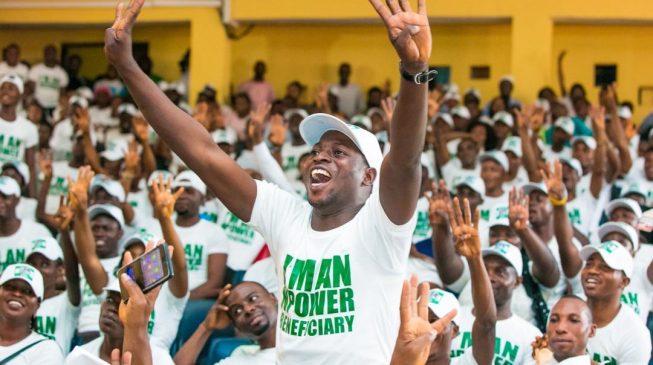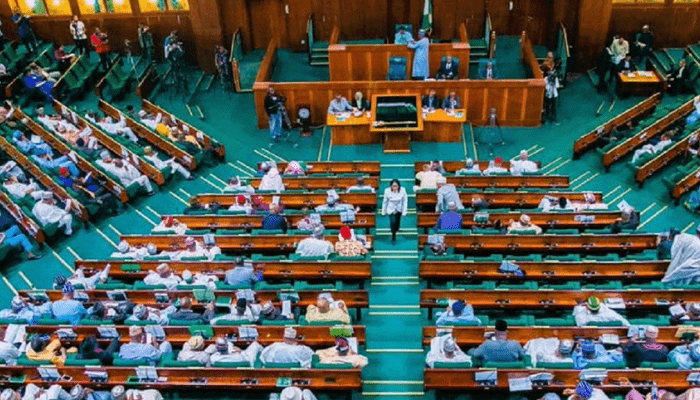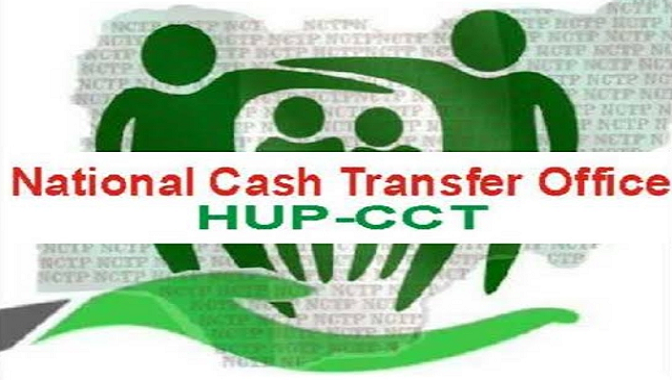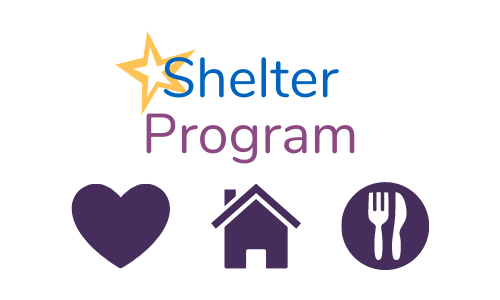This blog post centers on the recent developments on the Npower program and highlights the urgent need for government action to support those in need. It also covers some of the humanitarian programmes launched by Mr President earlier this year
Introduction
The recent developments on the Npower programme in Nigeria have sparked considerable concern and debate among stakeholders, particularly the House of Representatives.
With the suspension of Betta Edu, the former Minister of Humanitarian Affairs and Poverty Alleviation, and the subsequent removal of the National Coordinator of Npower, beneficiaries find themselves in a precarious situation.
In response to these events, the House of Representatives has taken a stand, urging the Federal Government to prioritize the payment of stipends to Npower beneficiaries and other recipients of Social Investment Programs.
Economic Impact on the Beneficiaries

The economic challenges facing Nigeria have only been made worse by the global pandemic and other internal factors. As a result, vulnerable populations, including Npower beneficiaries, are feeling the brunt of these hardships.
The House of Representatives recognizes the urgent need to provide support to these individuals to alleviate their financial burdens and ensure their well-being during these challenging times.
Call for Stability and Equitable Distribution of Wealth
In advocating for the commencement of stipend payments, the House of Representatives stated the importance of stability, development, and equitable distribution of wealth among Nigerians. The Npower program, along with other social investment initiatives, plays a vital role in achieving these objectives by empowering individuals through skills acquisition and financial support.
However, recent disruptions have threatened to undermine the progress made in this regard, necessitating swift action from the government to restore stability and ensure the effective implementation of these programs.
Legislative Oversight and Accountability

One of the key points raised by the House of Representatives is the need for proper legislative oversight and accountability in the administration of social investment programs such as Npower.
The proposed establishment of a steering committee board overseen by the Minister of Finance has raised concerns among lawmakers, as it may infringe upon the prerogatives of the legislature.
The House of Representatives asserts that any changes to the governance structure of Npower must be conducted in accordance with established legal procedures and subject to parliamentary scrutiny.
A Call to Action
The House of Representatives’ call for the commencement of stipend payments to Npower beneficiaries came just at the right time and necessary intervention in light of the current economic challenges facing Nigeria.
The Federal Government must heed this call and take immediate steps to address the concerns raised by lawmakers, so as to ensure that Npower beneficiaries receive the support they desperately need to weather the ongoing crisis
A Review of the Earlier Launched Programs
On Thursday the 21 of December, 2023, the suspended Minister for Humanitarian Affairs and Poverty Alleviation, Dr. Better Edu, revealed that N-Power beneficiaries have commenced receiving their overdue 9 months stipends. This development was received with joy by the batch C 2 beneficiaries who have diligently served but faced delays in payment.
Dr. Better Edu’s Interview With Channels Television
During an interview with Channels TV, Dr. Better Edu reassured the nation that the payment process is ongoing and described the commitment of the ministry to promptly settle the stipends. In her statement, she highlighted the tireless efforts made by the ministry, even working late into the early hours of the morning to ensure that the deserving beneficiaries receive the funds owed to them from the previous administration.
According to Dr. Better Edu, “Npower Beneficiaries across the Nation can attest to the fact that they have started receiving monies in their accounts, and this process will continue till the last person who indeed has served is paid.” This statement serves as a relief to the N-Power beneficiaries, bringing an end to the long waiting for the disbursement of their owed stipends.
Conditional Cash Transfer Update

In addition to the positive news about N-Power stipends, Dr. Better Edu shared insights into the progress of the N25,000 conditional cash transfer program. She disclosed that 3.5 million Nigerians have already received their payments, with plans to cover an additional 4.5 million within the next week, totaling 8 million beneficiaries. Importantly, the inclusion of newly registered pensioners in the payroll was also mentioned, showcasing the government’s commitment to addressing the financial needs of various segments of the poor and vulnerable population of the country.
Shelter Programs for Refugees

Dr. Better Edu also spoke on the ministry’s initiatives to provide shelter for refugees. She announced the launch of shelter programs, with two samples already constructed—one-bedroom and two-bedroom flats. Furthermore, an ambitious project involving the construction of 40 houses for internally displaced persons has commenced in Benue State, with an expected completion timeframe of three months.
The minister’s updates highlight a multi-aspects approach to addressing the diverse needs of citizens, ranging from the payment of owed stipends of N-Power beneficiaries to housing solutions for refugees and internally displaced persons.
Innovative Programs Set to Begin in January 2024
As we step into the new year, the President’s promise of transformative and innovative programs draws closer, January 2024 will mark the initiation of these very important initiatives, each designed to address crucial aspects of societal well-being and development.
End Hunger Intervention

One of the flagship programs set to launch is the “End Hunger Intervention.” This initiative is structured around three interconnected aspects. Firstly, vendors will be mobilized to prepare a million cooked meals for Nigerians, to ensure immediate relief for those facing food insecurity. Secondly, a strategic distribution of raw food rations will take place, reaching out to those in need across the nation.
The last aspect of the program involves providing fertilizer support to poor farmers who cultivate the very crops that fuel the food vendors’ operations. This cyclic model will not only tackle hunger head-on but also promotes sustainability within the agricultural ecosystem.
Grow Nigeria Program
Recognizing the urgent need to address climate change, Mr. President introduces the “Grow Nigeria Program.” This initiative focuses on empowering rural women to contribute actively to environmental sustainability. By encouraging these women to cultivate trees, the program goes in line with the global efforts to combat the challenges arising from climate change.
Importantly, the initiative emphasizes the role of trees in averting the impacts of global warming and controlling floods, involving rural women in the approach to environmental conservation.
Low-Cost Shelter Program
Building on the ongoing shelter programs, the low-cost shelter initiative has already kicked off in Benue State. With the goal of completing 40 houses within three months, this program addresses the pressing need for affordable housing. By providing a workable solution, the government aims to improve living conditions and uplift communities in need. The project in Benue State serves as a pilot, potentially paving the way for similar initiatives nationwide.
Rural Vocational Skills Program
In a bid to empower rural women, bridge the urban-rural divide, and foster inclusive development, Mr. President has launched the Rural Vocational Skills Program. With its initiation in Sokoto State, this program seeks to equip women in rural areas with valuable skills that can translate into sustainable livelihoods. The pilot in Sokoto sets the stage for future expansions, with plans to include more states in the South in the near future.